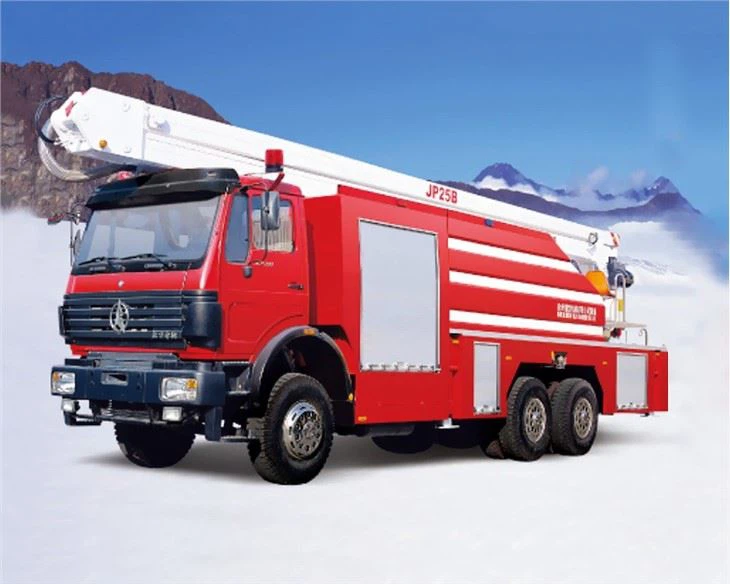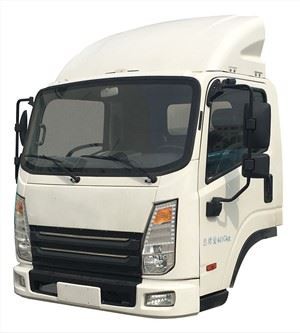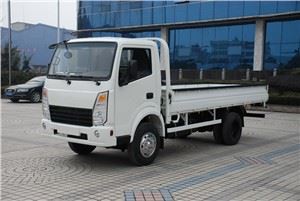Maximizing Space and Efficiency with a Small Garbage Compactor

Introduction
In our increasingly urbanized world, waste management has emerged as a crucial concern. For individuals and businesses alike, the need for efficient waste disposal systems has never been greater. A small garbage compactor presents a practical solution, turning what would have been discarded into manageable, compacted waste. This article delves into the features, advantages, types, and selection criteria for small garbage compactors, providing a comprehensive guide for anyone considering this innovative solution for their waste management needs.
What is a Small Garbage Compactor?
A small garbage compactor is a device designed to reduce the volume of waste by compressing it into a smaller size. Ideal for homes, small businesses, and even some industry applications, these compactors are available in various sizes and can handle a wide range of materials, from everyday household waste to recyclables.
Benefits of Using a Small Garbage Compactor
| Benefit | Description |
|---|---|
| Space Saving | Reduces the physical volume of waste, minimizing the space needed for disposal. |
| Cost Efficiency | Reduces the frequency of waste collection services, leading to lower waste disposal costs. |
| Environmental Impact | Encourages recycling and responsible waste disposal, promoting environmentally friendly practices. |
| Convenience | Makes it easier to handle waste at home or in the workplace. |
Types of Small Garbage Compactors
1. Electric Garbage Compactors
Electric compactors are powered by electricity and are ideal for both residential and commercial use. They are efficient, easy to operate, and typically designed to handle a variety of waste types.
2. Manual Garbage Compactors
Manual compactors require physical effort to operate. They can be a good option for those looking to save on energy costs or who prefer a more hands-on approach.
3. Portable Compactors

These compactors are designed for easy mobility. Ideal for smaller spaces or temporary setups, portable compactors are versatile and user-friendly.
Comparison Table of Small Garbage Compactor Types

| Type | Power Source | Best for | Pros | Cons |
|---|---|---|---|---|
| Electric | Electricity | Homes & businesses | Efficient, easy to use | Higher upfront cost |
| Manual | Human power | Budget users | No power needed | Labor-intensive |
| Portable | N/A | Temporary needs | Easy to move | Limited capacity |
How to Choose the Right Small Garbage Compactor
1. Assess Your Waste Volume
Understanding how much waste you produce is crucial. Look at your waste disposal habits over a week or a month to estimate the trash volume. This will inform your choice of compactor size and model.
2. Material Compatibility
Consider what types of waste you will be compacting. Some compactors can handle only specific materials, while others can handle a range of items, including recyclables.
3. Space Considerations
The design and location of your compactor are essential. Measure the space where you plan to install the compactor to ensure it fits and is easily accessible.
4. Energy Efficiency
Look for energy-efficient models to save on electricity costs. Many compactors come with features that minimize energy usage without compromising performance.
5. Budget
Establish a budget before shopping. Keep in mind that while cheaper models may save you money upfront, investing in a higher-quality unit may lead to savings in the long run due to durability and efficiency.
6. Brand Reputation and Reviews
Research different brands and read product reviews. Brands with a good reputation are more likely to provide reliable and efficient products.
Practical Tips for Using a Small Garbage Compactor
1. Regular Maintenance
To ensure longevity, regularly check and maintain your compactor. Clean the container and hydraulic components as needed, and inspect hoses for leaks.
2. Avoid Overloading
Always follow the manufacturer’s guidelines regarding waste capacity to avoid damaging your compactor.
3. Sort Your Waste
Before compacting, sort recyclable materials from non-recyclables. This practice not only minimizes waste but also boosts recycling efforts.
4. Know What Not to Compact
Some materials should never be placed in a compactor, such as hazardous waste, large appliances, or certain types of glass. Familiarize yourself with the manufacturer’s guidelines.
Cost Analysis of Small Garbage Compactors
Initial Investment
Prices for small garbage compactors vary widely based on size, type, and brand. On average, consumers can expect to pay between $500 and $3,000.
Operational Costs
While compactors reduce waste volume, they may increase electricity usage. Calculate potential operational costs by examining the compactor’s wattage and local electricity rates.
Long-Term Savings
Businesses and homeowners can experience significant long-term savings through reduced waste collection frequency. This financial benefit often offsets the initial purchase cost within a couple of years.
Common Myths About Small Garbage Compactors
Myth 1: They Are Too Expensive
While the initial cost may seem high, the long-term savings on waste management bills can make them economical over time.
Myth 2: They Are Only for Large Businesses
Small garbage compactors are designed specifically for homes and small businesses, making them accessible for various users.
Myth 3: Using a Compactor is Complicated
Most models are designed for straightforward operation, often requiring just a simple push of a button.
FAQ Section
1. How much waste can a small garbage compactor hold?
The capacity varies by model, but most small compactors can hold between 30 to 90 gallons of waste.
2. Can I use a small garbage compactor for hazardous waste?
No, compactors should not be used for hazardous materials. Always dispose of hazardous waste according to local regulations.
3. How often should I empty my small garbage compactor?
It’s advisable to empty your compactor when it’s about 70-80% full to prevent overloading and ensure optimal performance.
4. Are small garbage compactors noisy?
Noise levels vary by model; however, most compactors are designed to operate quietly in residential settings.
5. Can I recycle with a small garbage compactor?

Yes, as long as the model allows for it and you sort materials appropriately before compacting.
6. How do I maintain my small garbage compactor?
Regular cleaning, inspections for wear and tear, and following the manufacturer’s maintenance instructions will help extend its lifespan.
